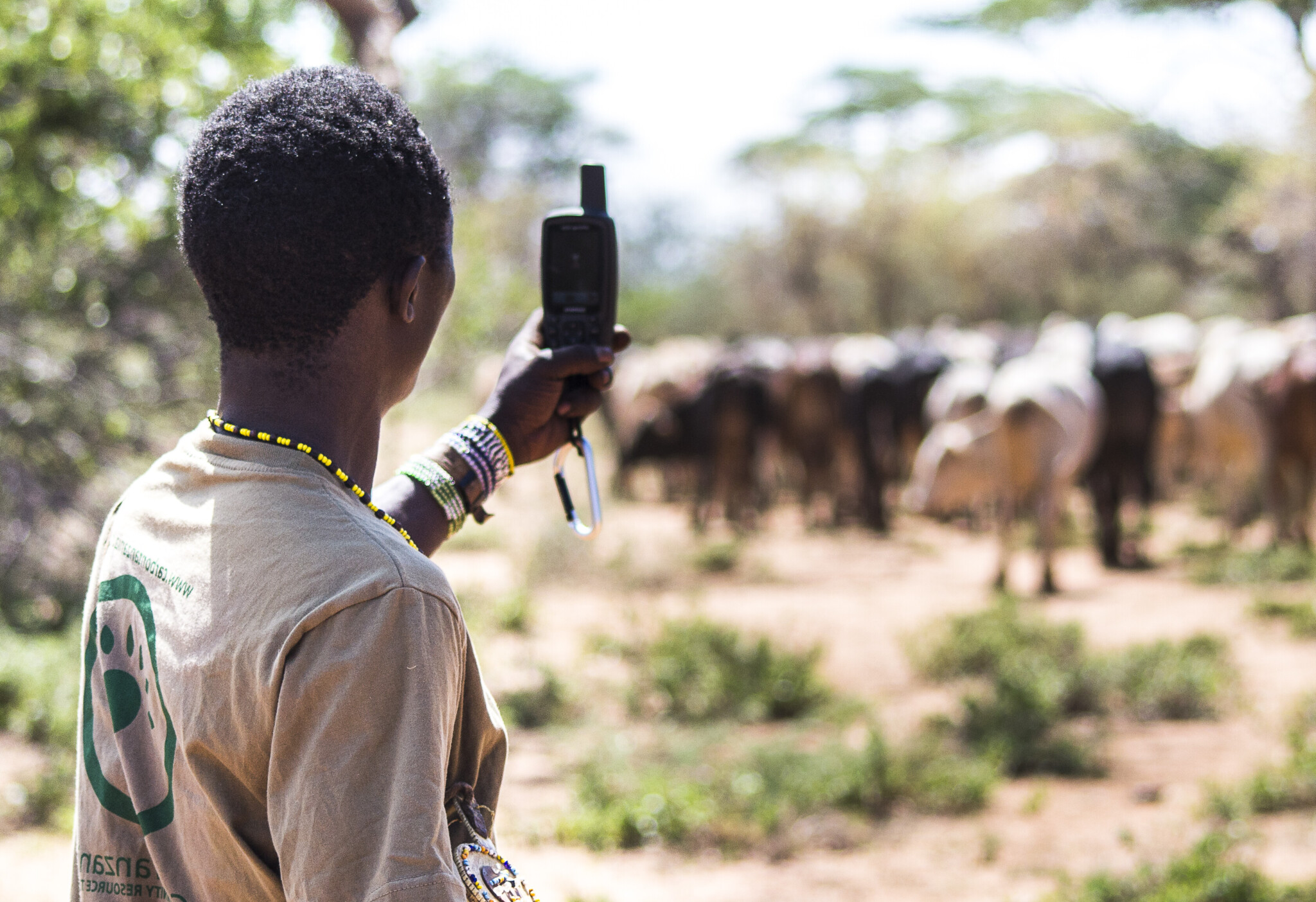Nature tech market nears $2 billion: A crucial intersection for private sector and policymakers at COP16

Yaeda Valley - VGS monitoring illegal grazing. Photo: Roshni Lodhi/Carbon Tanzania
WRAPPING-UP
* On October 24th, at Bloom 24 during COP16, Nature4Climate, Nature Tech Collective, KPMG, Climate Collective and Serena launched Integrating nature tech: A guide for businesses. This report tracks advances in the nature tech market and includes case studies from major companies like Salesforce, Bank of America, Bloomberg, Foresight, Axa, Volvo, and HSBC. These examples demonstrate how businesses are using AI, satellite data, IoT, and other digital tools to reduce costs, mitigate environmental risks, and build nature-positive business models.
* Nature4Climate unveiled a new database earlier this week, developed in collaboration with The NatureTech Memos, mapping around 1,000 companies applying nature tech solutions globally. Nature tech startups are projected to attract up to $2bn in investments by the end of 2024, twice as much as six years ago, across nearly 200 deals.
* The growth of nature tech is driven by rising regulatory pressure. In 2023, climate policies targeting deforestation and nature-harmful activities doubled, compelling the private sector to meet new requirements. Nature loss is now recognised as a systemic threat, projected to cost the global economy $5 trillion within five years. COP16 will be a key moment where the corporate sector converges with policy and advocacy experts to work on global biodiversity targets. The nature tech community represents one of the main intersections between these two groups.
Read more
Related articles for further reading
FURTHER DETAILS:
Since 2023, climate policies targeting deforestation and harmful activities to nature have doubled, compelling companies to comply with new regulations. Nature loss is now seen as a financially material and systemic threat, with an estimated global economic impact of $5 trillion within five years.
COP16, starting next week in Cali, offers a crucial opportunity for the corporate sector to collaborate with policy experts in addressing biodiversity loss. Nature tech, which encompasses tools like sensors, AI, satellite imagery, blockchain, IoT, and bioacoustics, has become the bridge between business operations and environmental sustainability.
The relevance of this market reflects the vast opportunities companies face in implementing nature-based solutions within their value chains: Nature Tech startups are projected to attract up to $2 billion in investments by the end of 2024, twice as much as six years ago, across nearly 200 deals.
In this report, we present a methodical approach for companies to implement nature tech across their entire business cycle, using the ACT-D framework (Access, Commit, Transform, Disclose). This framework is essential for companies aiming to align their operations with nature-positive principles. It covers everything from assessing environmental impacts and setting sustainability targets to transforming operations and disclosing progress.
The report features interviews with sustainability leaders from industries such as fashion, software, agriculture, telecommunications, and finance. It includes case studies from companies like Salesforce, Volvo, Bloomberg, HSBC, and UBS, showcasing how these organizations are integrating nature tech across their value chains. For instance, HSBC’s $1 billion commitment to financing early-stage climate tech companies and Volvo’s use of the Integrated Biodiversity Assessment Tool are highlighted as leading examples of nature-positive innovation.
The new resource also includes comprehensive coverage of compliance reporting, regulatory frameworks, investment trends, and digital MRV (Measurement, Reporting, and Verification) systems.
Additionally, alongside the report, Nature4Climate and The NatureTech Memos launched a new database earlier this week, tracking around 1,000 companies worldwide that are applying nature tech solutions. This provides businesses with an essential resource for navigating this fast-growing sector. Also unveiled was the inaugural Nature Tech Taxonomy Framework by Nature Tech Collective and Impact Labs. Together, these resources will demonstrate how nature tech is becoming an indispensable tool for businesses aiming to align their operations with nature-positive principles, transparency, and ethical data practices.
About the authors:
Nature4Climate: A TNC-housed coalition of 28 international organizations, serving as a strategic platform for communications, advocacy, and campaigns, aiming to mitigate 10GtCO2e a year by 2030.
Nature Tech Collective: A global community of nature tech stakeholders united by a mission to accelerate the transition towards a Nature Positive economy.
KPMG: A professional services firm with global reach and deep expertise in audit and assurance, tax, and advisory.
Climate Collective: A coalition of early-stage startups, investors, scientists, and non-profits using digital tech and data to scale climate and nature action. It incubates innovative technologies through grant giving, member partnerships, technical advisory, and community education.
Serena: One of Europe’s leading venture capital funds with €750m under management, backing early-stage startups in AI, SaaS, Climate Tech, Internet infrastructure, and Impact.
READ MORE:
- The Nature Tech Directory: new database tracks 1,000 companies worldwide applying nature tech solutions
- The clock is ticking: finance sector deforestation action must now go mainstream
- Nature4Climate launches full version of its climate action platform naturebase
- How can nature tech help the private sector meet its climate and nature goals?
